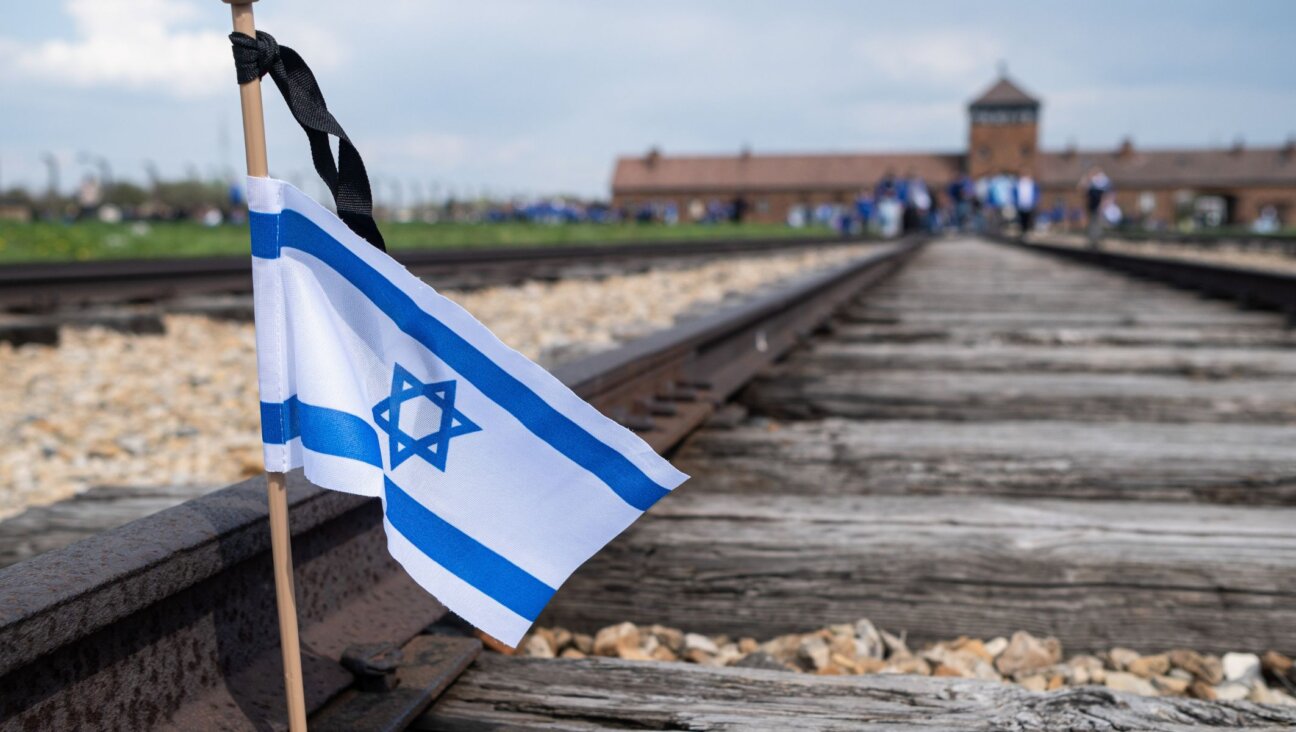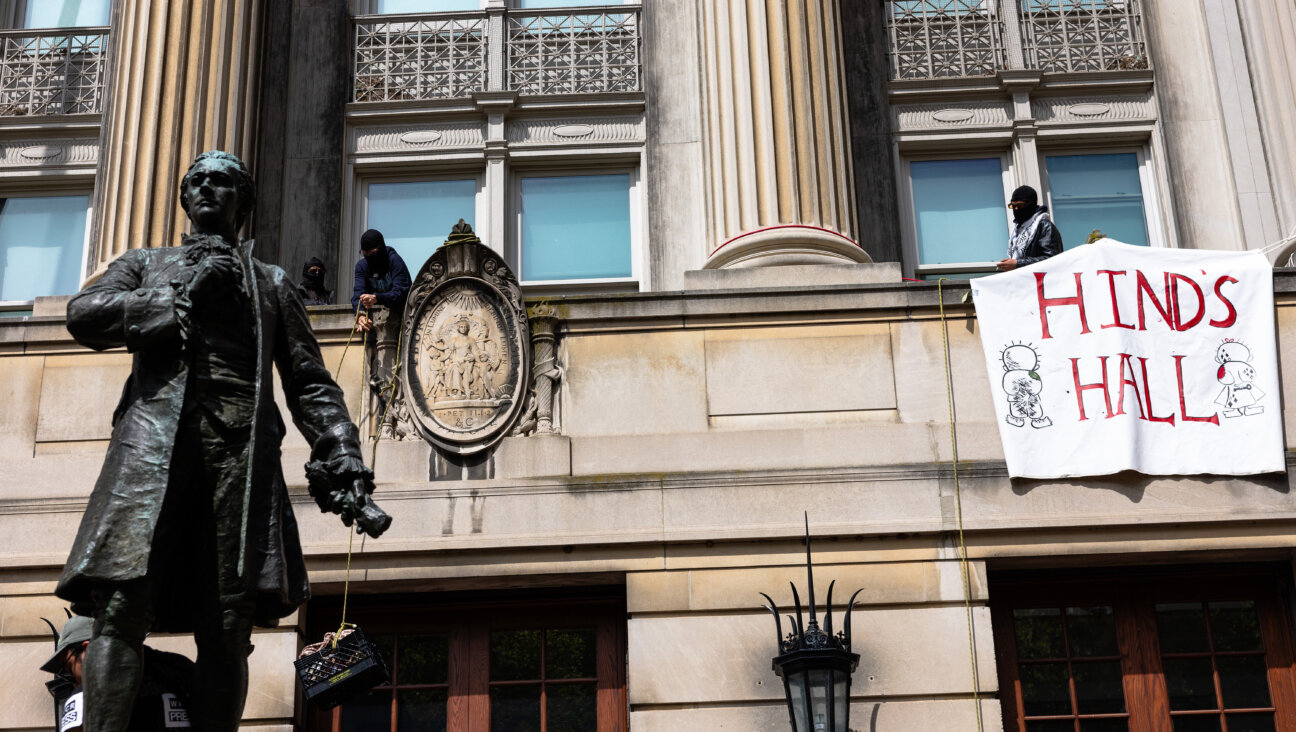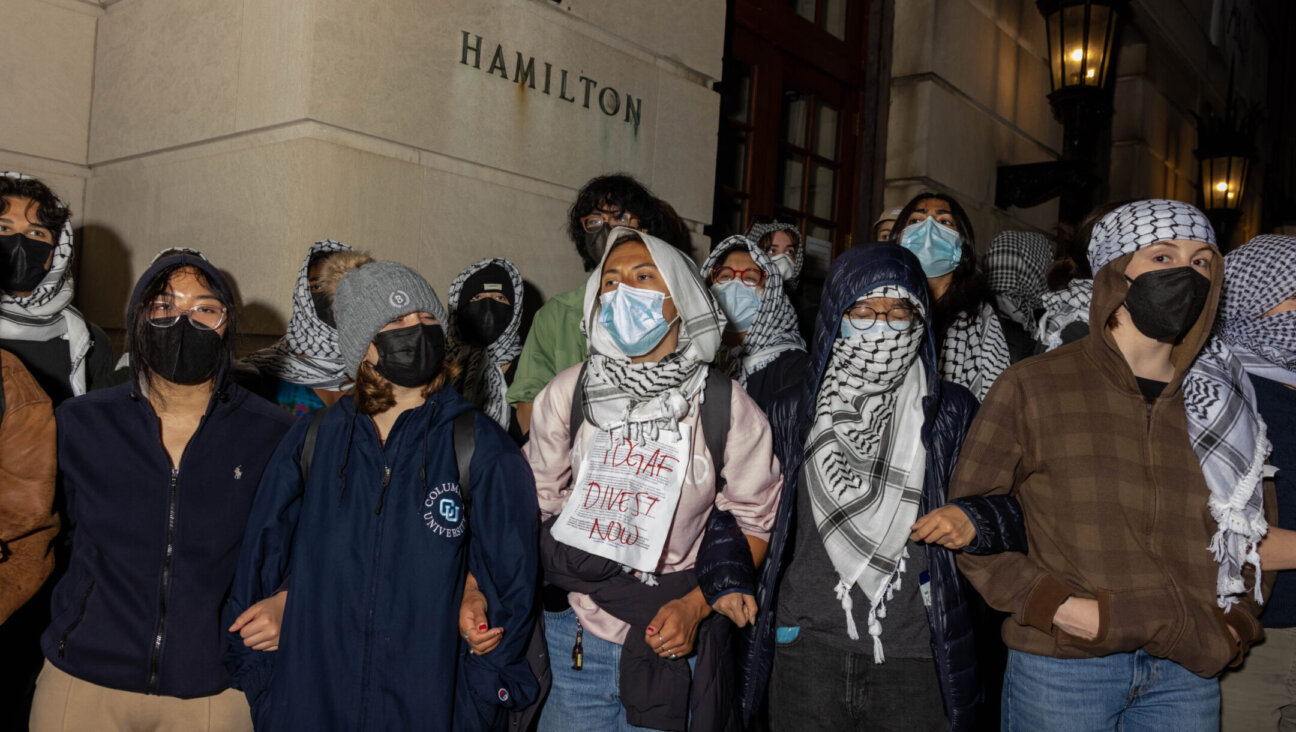American Anthropological Association votes to boycott Israeli academic institutions

Students at Tel Aviv University on the first day of the new academic year, October 10, 2021. A new vote by the American Anthropological Association plans to endorse a boycott of Israeli universities in accordance with the BDS movement, but not of individual Israeli scholars. (Flash90)
(JTA) – An association for American anthropologists has voted to formally boycott Israeli academic institutions, seven years after shutting down a similar vote, in a sign of the shifting tides of the Israel debate on American college campuses.
The American Anthropological Association, which represents thousands of anthropologists in academia and the professional space, announced Monday that its members had voted to endorse a resolution that forbids the association from collaborating with Israeli academic institutions. More than 70% of the association’s voters supported the boycott, though only 37% of its eligible members voted, the association said.
The boycott applies only to formal collaborations with the association itself, and it does not apply to individual Israeli academics, so its practical impact is likely to be limited. Still, the resolution is a notable symbol of Israel opposition in academia, not least because it reverses a similar vote seven years ago.
“This was indeed a contentious issue, and our differences may have sparked fierce debate,” the group’s president, Ramona Pérez, said in a statement. “But we have made a collective decision and it is now our duty to forge ahead, united in our commitment to advancing scholarly knowledge, finding solutions to human and social problems, and serving as a guardian of human rights.”
As written, the resolution calls Israel an “apartheid regime from the Jordan River to the Mediterranean Sea.” It pledges to continue the boycott “until such time as these institutions end their complicity in violating Palestinian rights as stipulated in international law.”
In 2016, the AAA’s membership narrowly rejected a resolution to boycott Israeli institutions. Since then, several academic groups have taken concrete steps toward boycotting Israel. The Middle East Studies Association voted last year to endorse the Boycott, Divestment, Sanctions movement targeting Israel; other academic groups, including the American Studies Association, have also backed BDS resolutions.
Pro-Israel groups quickly condemned the AAA vote. Tammi Rossman-Benjamin, director of the AMCHA Initiative, a pro-Israel campus advocacy group, called it “a dark day for higher education” and said the group’s “commitment to academic BDS is likely to spread throughout the university like wildfire and have rippling effects for years to come.”
Another pro-Israel group, the Deborah Project legal firm, threatened to sue the association in the lead-up to the vote, claiming the resolution as written would put it afoul of laws in some states endorsing the International Holocaust Remembrance Association’s definition of antisemitism.
The results of the vote, which took place in mid-July, were announced the same day that Israel’s Knesset voted into law a controversial judicial reform bill that has divided the country and prompted fears that it would erode the government’s checks and balances. The AAA’s boycott focuses on Israel’s treatment of Palestinians, accusing Israeli academic institutions of being “complicit” in the state’s crimes by suppressing academic freedom and hindering Palestinian universities. The resolution also ties the AAA’s advocacy to anthropology by noting Israel has used “anthropological frameworks and methods” to further “ethnic cleansing.”
This article originally appeared on JTA.org.

I hope you appreciated this article. Before you go, I’d like to ask you to please support the Forward’s award-winning, nonprofit journalism during this critical time.
Now more than ever, American Jews need independent news they can trust, with reporting driven by truth, not ideology. We serve you, not any ideological agenda.
At a time when other newsrooms are closing or cutting back, the Forward has removed its paywall and invested additional resources to report on the ground from Israel and around the U.S. on the impact of the war, rising antisemitism and the protests on college campuses.
Readers like you make it all possible. Support our work by becoming a Forward Member and connect with our journalism and your community.
Make a gift of any size and become a Forward member today. You’ll support our mission to tell the American Jewish story fully and fairly.
— Rachel Fishman Feddersen, Publisher and CEO
Join our mission to tell the Jewish story fully and fairly.






















